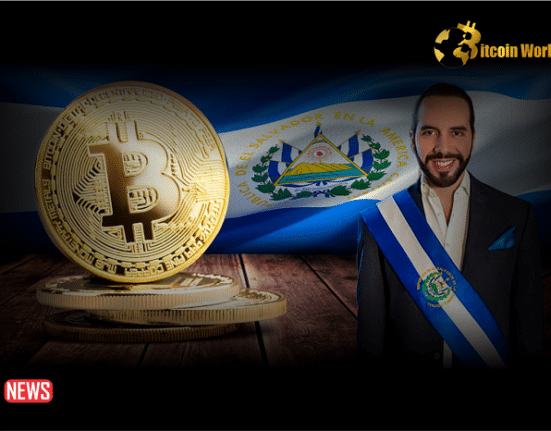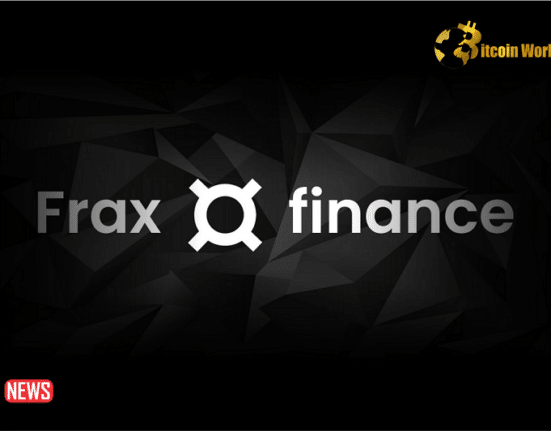Vitalik Buterin, the renowned creator of Ethereum, recently expressed his concerns regarding the increasing trend of restaking and its potential impact on the Ethereum blockchain. In a blog post on his website, Buterin highlighted the importance of maintaining the integrity of Ethereum’s validators and cautioned against the misuse of their influence. This article delves into Buterin’s viewpoint, explores practical implications, and analyzes the risks associated with projects seeking to reuse staked ETH for other purposes.
Buterin’s Concerns: Economic Consensus vs. Social Consensus
Buterin emphasized the distinction between economic consensus and social consensus within the Ethereum ecosystem. While economic consensus is based on the validators’ staked ETH, social consensus incorporates off-chain events that can influence the decisions made by validators. Buterin stressed the need to preserve the core Ethereum protocol rules and discourage application-layer projects from expanding the scope of blockchain consensus beyond verification.
Practical Implications and Emerging Projects
Drawing on a theoretical example of a currency price oracle for the Brazilian real, Buterin highlighted the challenge of resolving conflicts when validators are split between two factions. Although the example was set in the future, similar practical implications could arise in the near term. Projects like Eigenlayer and Ether.fi are already exploring the market for reusing staked ETH to enhance security in other ventures. However, Buterin voiced concerns that these projects might exert undue pressure on the Ethereum community to make biased decisions.
Maintaining Ethereum’s Neutrality
The core ethos of Ethereum lies in its commitment to being a “credibly neutral” network, impartially serving all users without discrimination. Buterin’s concerns align with this principle, emphasizing the importance of upholding Ethereum’s neutrality amidst emerging dynamics in the crypto ecosystem. Dan Elitzer, co-founder at Nascent, acknowledged the legitimacy of Buterin’s concerns, emphasizing the need for safe and reasonable practices when reusing accruing tokens.
The Future and Social Consensus
Elitzer pointed out that while the concerns about dependence on Ethereum’s social consensus are significant, they might not be immediately pressing. However, with the anticipation of a future bull market and an influx of new users seeking yield, the temptation to relax social consensus principles could increase. Elitzer highlighted the potential consequences of yielding to such temptations and the need for restraint, as discussed in his 2019 article.
Risks and Contentious Situations
Projects like Eigenlayer exemplify a growing trend where stakeholders could be incentivized to reuse their staked tokens, potentially leading to socially contentious situations. Disputes over the value of Ethereum-secured price feeds or judgment calls in the event of a major hack could draw the Ethereum community into divisive debates. This raises concerns about compromising Ethereum’s neutrality, a quality highly valued by its supporters.
Long-Term Implications
Elitzer emphasized that as generalized blockchains like Ethereum become prominent economic, social, and political forces, concerns similar to those raised by Buterin are inevitable. The industry must address these issues from various angles to ensure the long-term integrity and neutrality of blockchain-based products.
Vitalik Buterin’s recent warning about the risks associated with restaking and Ethereum’s social consensus raises crucial considerations for the blockchain ecosystem. Balancing economic consensus and social consensus is paramount to maintain Ethereum’s core principles and prevent undue influence from external projects. As the industry evolves, it must find ways to address these concerns and ensure the long-term stability, neutrality, and security of blockchain networks.















